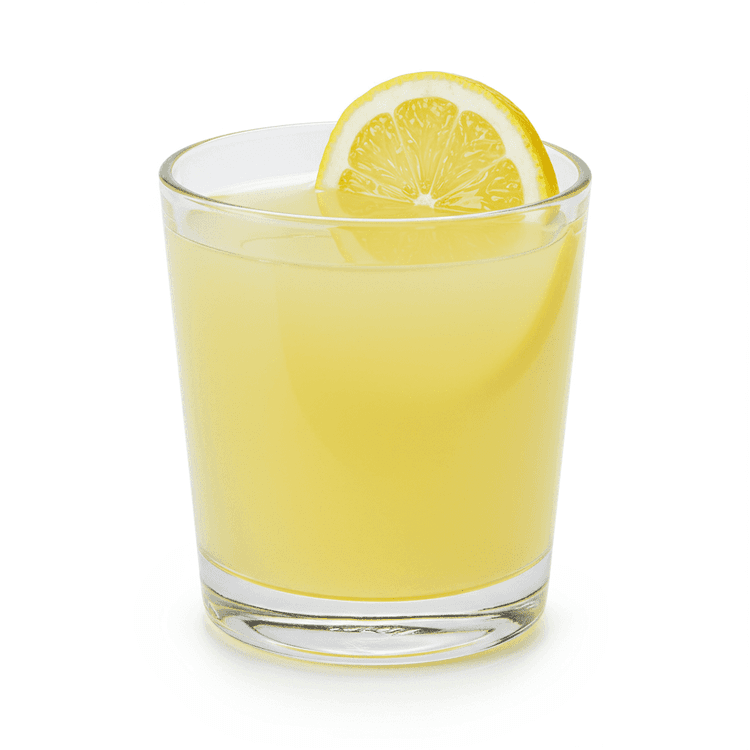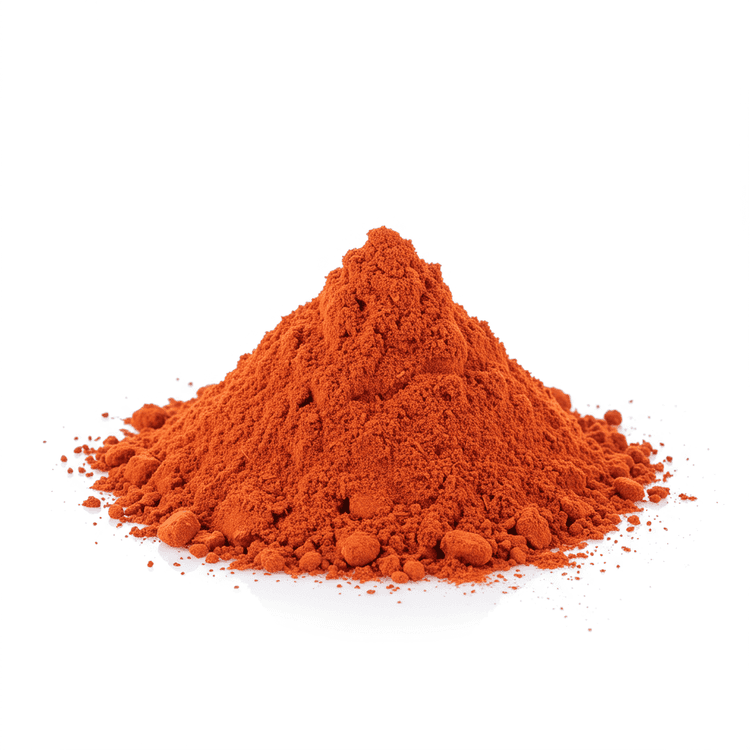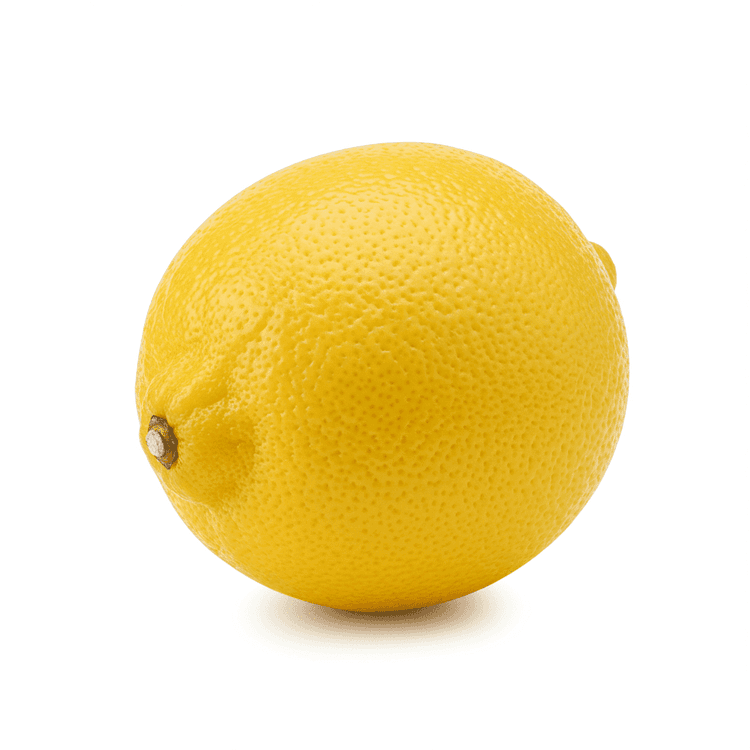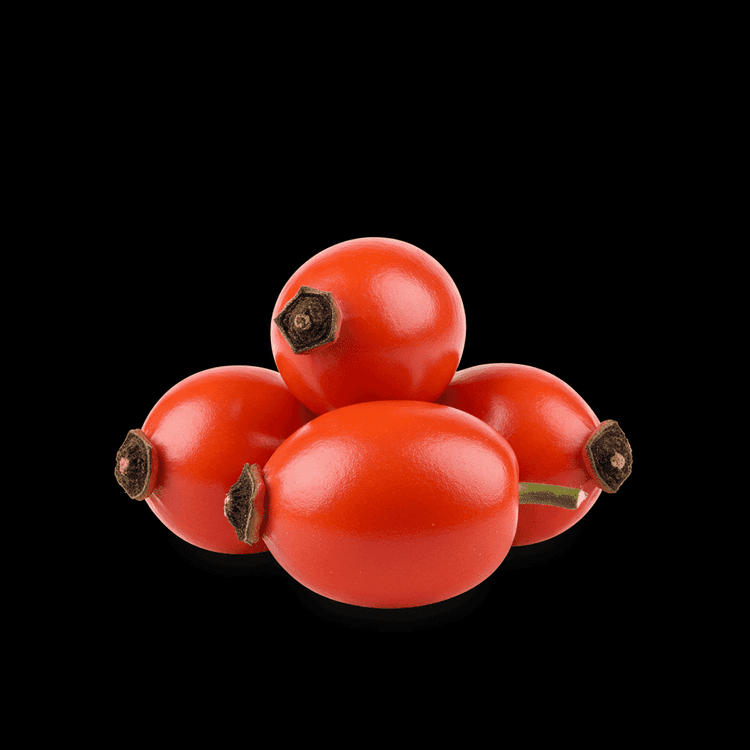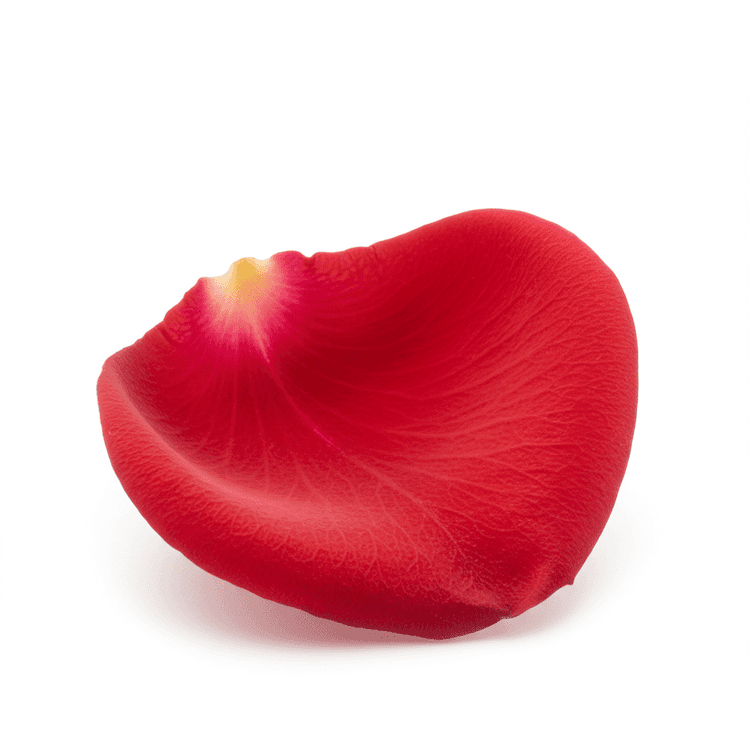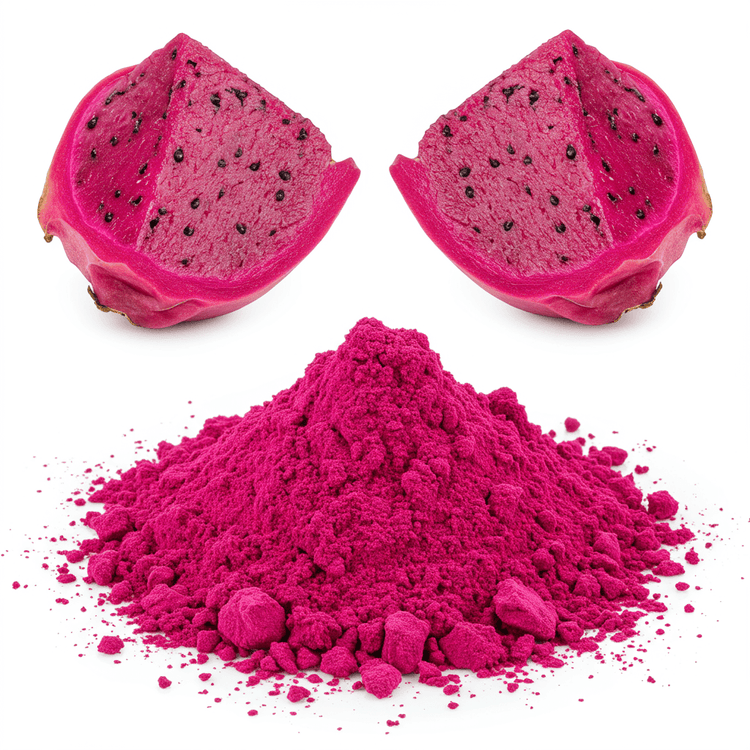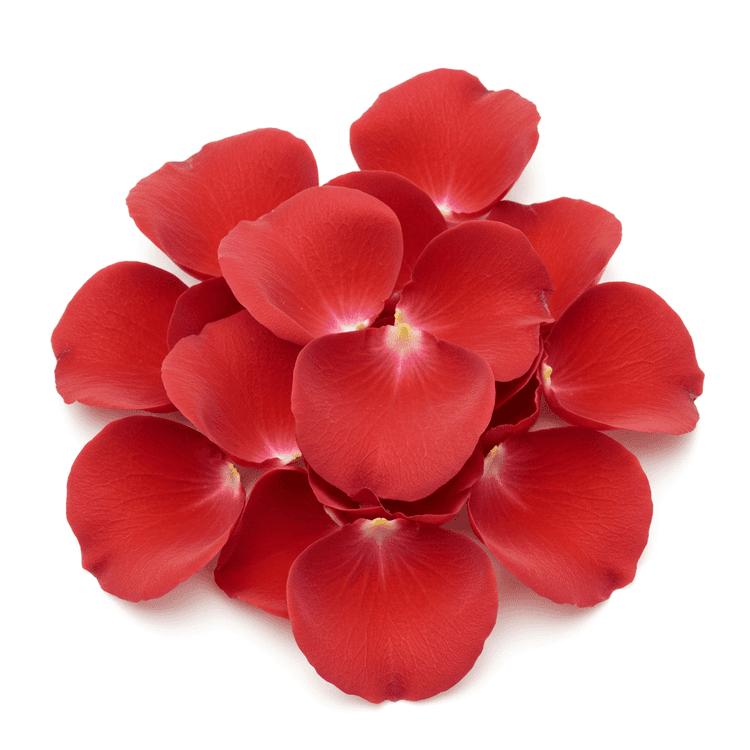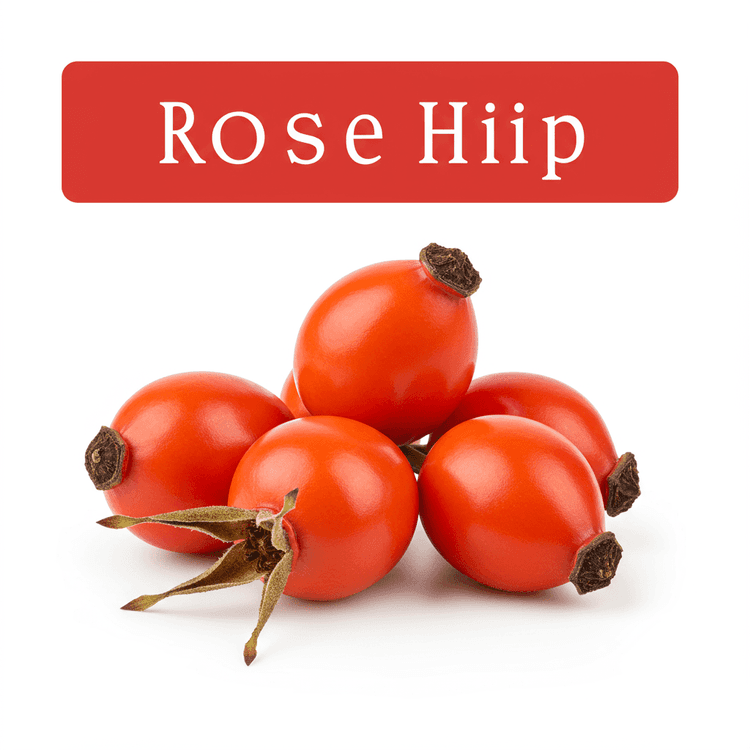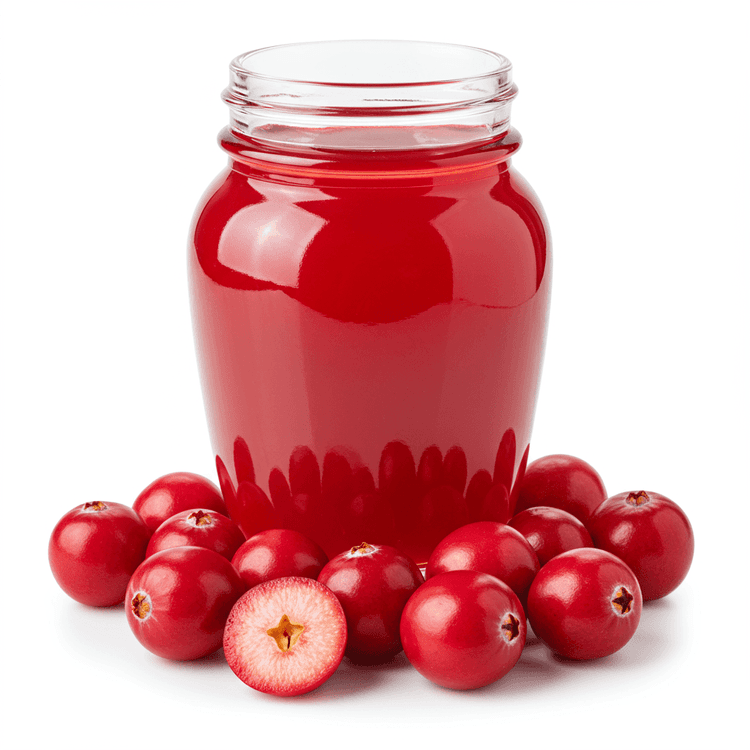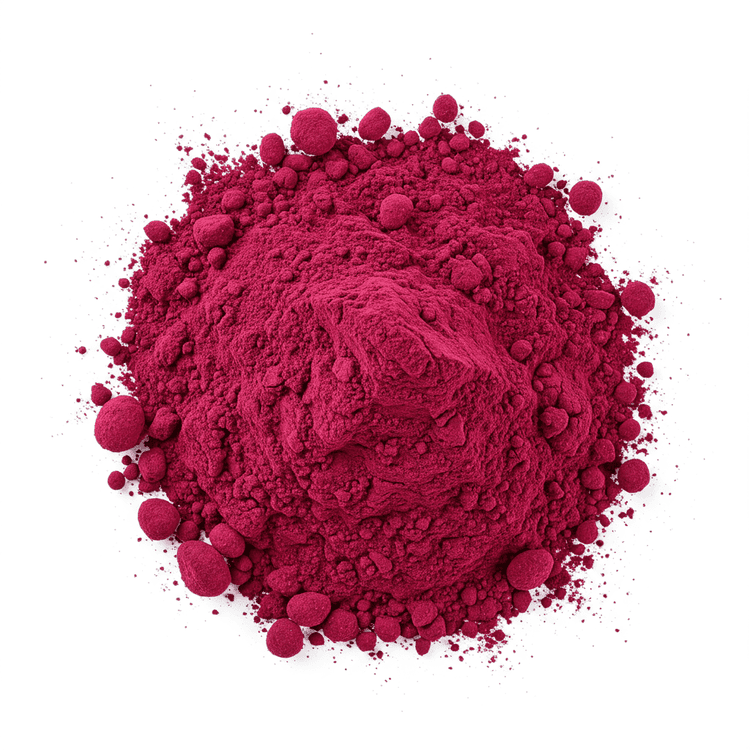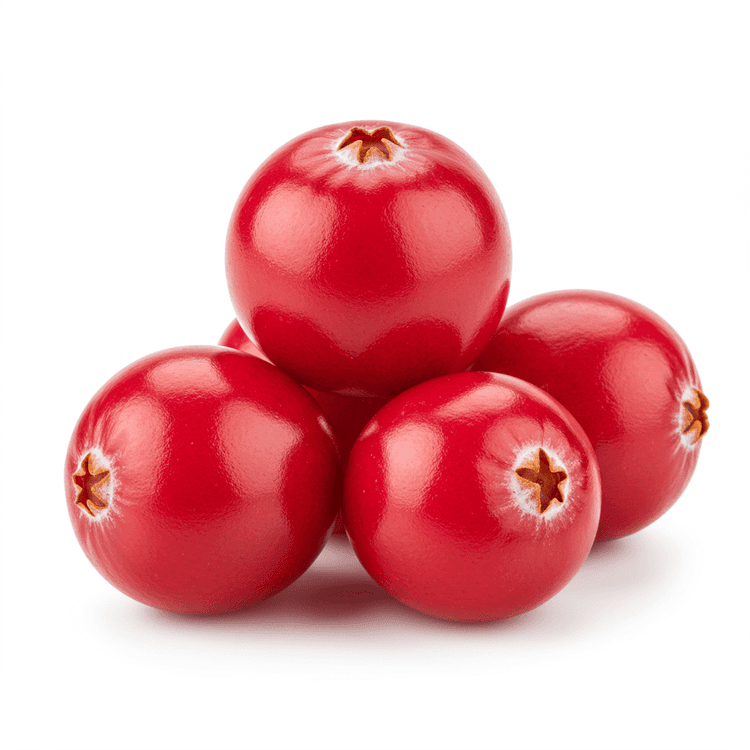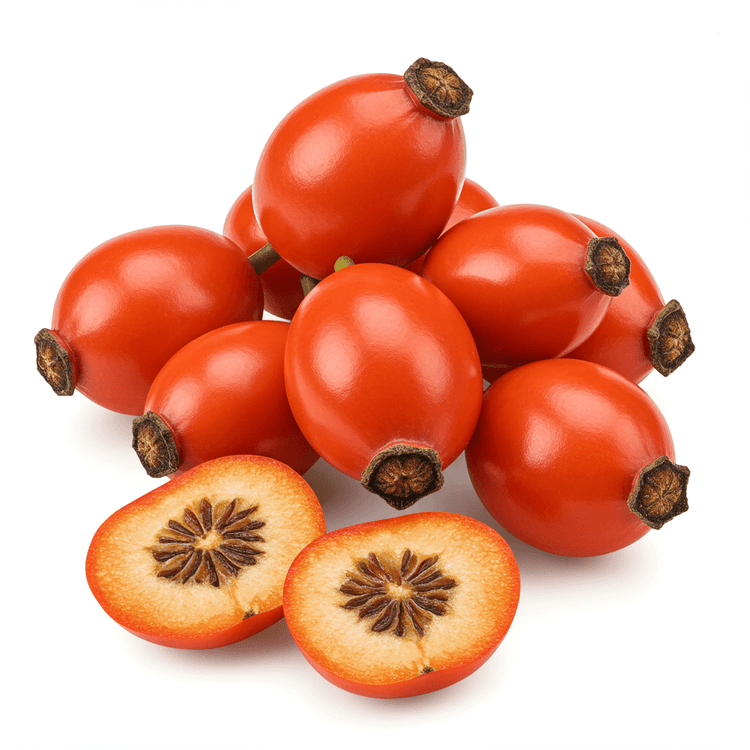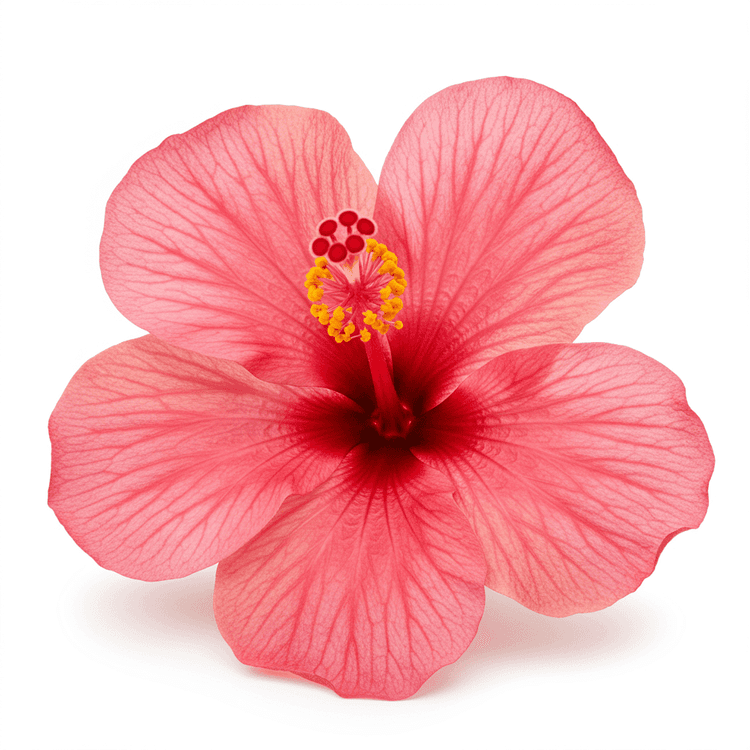
Hibiscus
Hibiscus is a vibrant flower known for its tart, cranberry-like flavor and stunning deep red or magenta color. When dried, hibiscus petals are commonly used to make herbal teas, offering a refreshing and slightly acidic taste. Fresh hibiscus flowers can have a delicate, slightly mucilaginous texture, while dried hibiscus offers a more concentrated flavor. This beautiful flower adds a visually appealing and flavorful element to beverages, desserts, and savory dishes.
Common Uses
- Making hibiscus tea: Dried hibiscus flowers are steeped in hot water to create a bright red, tangy tea known for its refreshing flavor and potential health benefits.- Creating hibiscus-infused drinks: Hibiscus can be used to infuse water, lemonade, or cocktails, adding a vibrant color and tart flavor.- Preparing hibiscus jam or jelly: The petals can be cooked down with sugar to create a unique and flavorful jam or jelly, perfect for spreading on toast or pastries.- Making hibiscus syrup: Hibiscus flowers can be used to create a flavorful syrup for use in cocktails, desserts, or even savory sauces.- Adding hibiscus to salads: Fresh or dried hibiscus flowers can be added to salads for a vibrant pop of color and a tart, floral flavor.- Using hibiscus in savory dishes: The petals can be incorporated into sauces or marinades for meats and vegetables, adding a tangy depth of flavor.
Health Benefits
- Rich in antioxidants that help combat free radicals and reduce oxidative stress.
- May help lower blood pressure and improve heart health.
- Can support liver health and promote detoxification.
- May aid in weight management due to its potential effects on metabolism.
- Possesses anti-inflammatory properties that can help reduce inflammation in the body.
Substitutes
Chefadora AI is here.
Experience smarter, stress-free cooking.
Storage Tips
Dried hibiscus flowers should be stored in an airtight container in a cool, dark, and dry place to maintain their flavor and color. Properly stored, they can last for up to a year. If you live in a humid climate, consider storing them in the refrigerator to prevent moisture absorption. Avoid exposing them to direct sunlight or heat, as this can degrade their quality.
Marnirni-apinthi Building, Lot Fourteen,
North Terrace, Adelaide, South Australia, 5000
Australia
